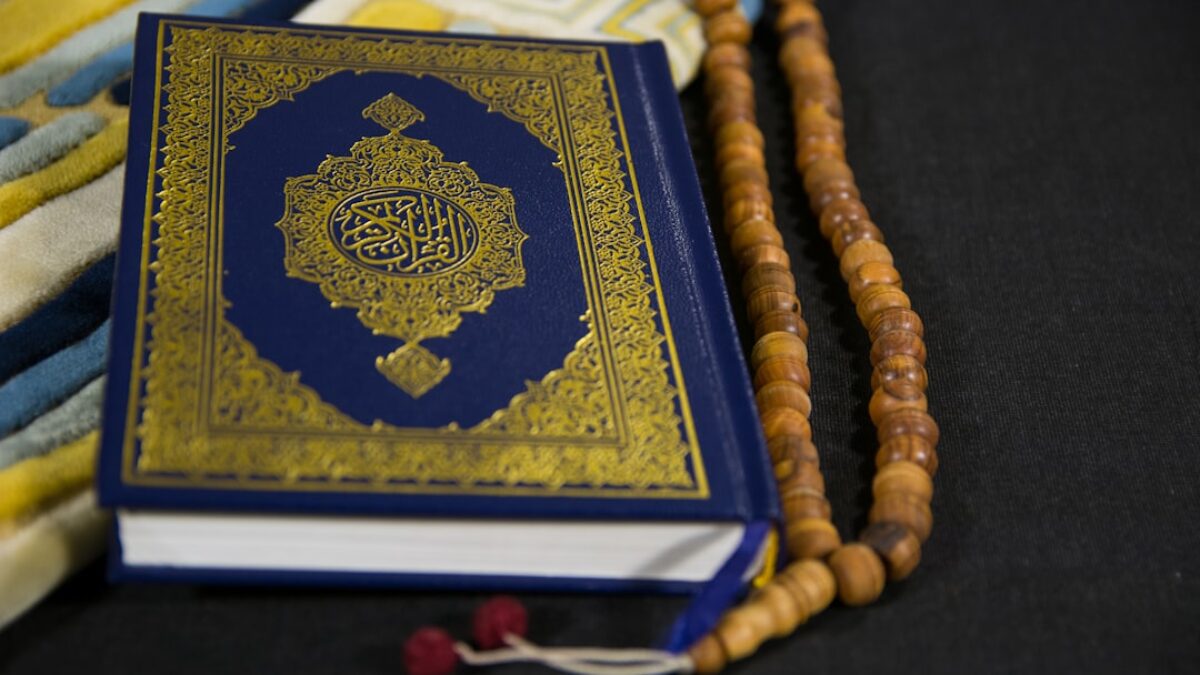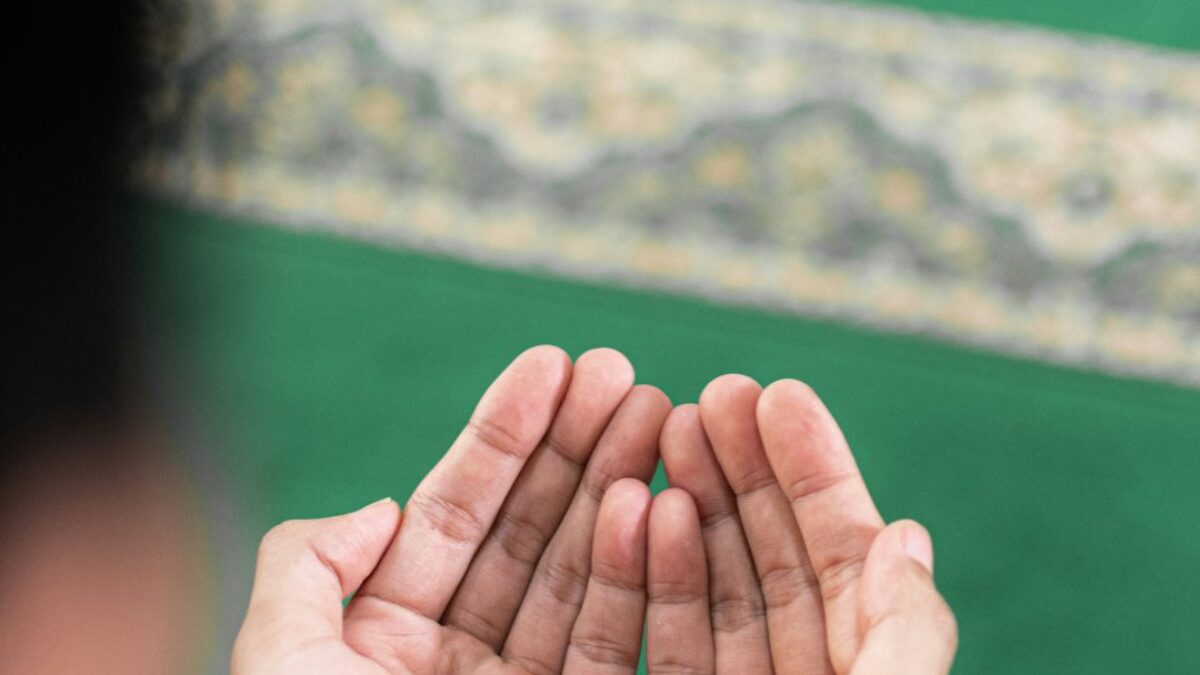The heart of every believer yearns for Allah’s boundless mercy. In moments of quiet reflection, when the weight of past mistakes presses down, Islam offers a luminous path back to divine closeness through duʿāʾ: personal, heartfelt supplication. Among the most powerful of these appeals are the Duas for Forgiveness—timeless words taught by the Qur’an and the Prophet Muhammad ﷺ that open the gates of raḥmah (mercy) and cleanse the soul of dhunūb (sins). This article is a practical guide for anyone who longs to turn to Allah today, seeking the sweetness of His pardon and the tranquility that only His forgiveness brings.
Understanding Forgiveness in Islam
Forgiveness, or maghfirah, is not merely the canceling of sins; it is the restoration of the soul’s original purity and the rekindling of intimacy with the Creator. Allah’s names—Al-Ghaffār (The Repeatedly Forgiving), Al-Ghāfir (The Forgiver), and At-Tawwāb (The Accepter of Repentance)—reveal a divine promise: no sin is too great for His mercy when the seeker comes with sincerity.
The Concept of Tawbah (Repentance)
True tawbah is a return—a conscious pivot from disobedience back to obedience. It has four pillars:
- Immediate cessation of the sinful act.
- Remorse that pierces the heart, not just the tongue.
- Firm resolve never to repeat the sin.
- Rectification of any harm caused to others.
When these conditions are met, duʿāʾ becomes the bridge over which repentance travels to the throne of Allah.
Role of Duʿāʾ in Seeking Maghfirah
While Allah can forgive without being asked, He loves to be asked. The Prophet ﷺ said, “Allah is Shy and Most Generous; He is Shy to turn away the hands of His servant empty when he raises them to Him.” (Abu Dawud). Thus, duʿāʾ is both a humble admission of need and a hopeful declaration of trust.
Key Components of Powerful Duas for Forgiveness
Every effective plea for pardon contains certain spiritual ingredients. Understanding them transforms routine recitation into a heart-rending dialogue with the Divine.
Essential Elements
- Purity of Intention (Ikhlāṣ): Seek forgiveness only to please Allah, not to impress others.
- Praise of Allah: Begin with Al-ḥamdu lillāh or His beautiful names to set a tone of gratitude.
- Admission of Sin (Iqrār): “My Lord, I have wronged myself…”—explicit recognition without justification.
- Hope in Mercy (Rajaāʾ): Balance fear with hope; never despair of His forgiveness.
- Firm Resolution (ʿAzmah): Conclude with a practical plan to avoid the sin.
Authentic Sources
The safest sources are:
The Qur’an—especially the verses of forgiveness. Authentic ḥadīth—reported in Bukhari, Muslim, Tirmidhi, and others. Duʿāʾ of the Prophet ﷺ—the most eloquent and comprehensive. Warning: Fabricated supplications circulate online; always verify before adopting a new dua.
Powerful Qur’anic Duas for Forgiveness
The Qur’an is alive; its verses carry healing when recited with reflection. Below are five verses and their practical applications.
Sayyid al-Istighfār (The Chief Form of Seeking Forgiveness)
Arabic: اللَّهُمَّ أَنْتَ رَبِّي لا إِلٰهَ إِلَّا أَنْتَ، خَلَقْتَنِي وَأَنَا عَبْدُكَ، وَأَنَا عَلَىٰ عَهْدِكَ وَوَعْدِكَ مَا اسْتَطَعْتُ…
Meaning: “O Allah, You are my Lord… I seek refuge in You from the evil of what I have done…”
How to Use: Recite once in the morning and once in the evening. The Prophet ﷺ said, “Whoever says it believing in it and dies that day will enter Paradise.” (Bukhari)
Surah Āl-ʿImrā, 3:193
Arabic: رَبَّنَا فَاغْفِرْ لَنَا ذُنُوبَنَا وَكَفِّرْ عَنَّا سَيِّئَاتِنَا وَتَوَفَّنَا مَعَ الْأَبْرَارِ
Meaning: “Our Lord, forgive us our sins and remove from us our misdeeds and cause us to die with the righteous.”
Practical Tip: After fajr prayer, ponder the word “kaffir”—to wipe away completely—visualize your slate being washed spotless.
Surah al-Baqarah, 2:286
Arabic: رَبَّنَا لَا تُؤَاخِذْنَا إِن نَّسِينَا أَوْ أَخْطَأْنَا…
Meaning: “Our Lord, take us not to task if we forget or fall into error…”
Reflection: The verse includes forgetfulness and mistakes, reminding us that even unintentional slips need forgiveness.
Surah al-Furqā, 25:65-66
Arabic: رَبَّنَا اصْرِفْ عَنَّا عَذَابَ جَهَنَّمَ إِنَّ عَذَابَهَا كَانَ غَرَامًا، إِنَّهَا سَاءَتْ مُسْتَقَرًّا وَمُقَامًا
Meaning: “Our Lord, avert from us the punishment of Hell…”
Usage: Recite after maghrib; pair it with sadaqah as physical gratitude.
Surah al-Muʾminū, 23:118
Arabic: رَبِّ اغْفِرْ وَارْحَمْ وَأَنْتَ خَيْرُ الرَّاحِمِينَ
Meaning: “My Lord, forgive and have mercy, and You are the best of the merciful.”
Pro Tip: Whisper it while prostrating—sujūd is the closest a servant is to Allah.
Prophetic Duas for Forgiveness
The Prophet ﷺ was the living Qur’an; his supplications embody spiritual perfection. Memorize these and schedule them into your daily rhythm.
Muʿādh’s Dua
Arabic: اللَّهُمَّ أَنْتَ رَبِّي، لا إِلٰهَ إِلَّا أَنْتَ، خَلَقْتَنِي وَأَنَا عَبْدُكَ…
Context: The Prophet ﷺ taught this to Muʿādh ibn Jabal to say after every prayer. (Abu Dawud)
After Salah
- Three times: “Astaghfirullāh”.
- Follow with: “Allāhumma antas-salām…” to seal the prayer with peace.
100 Times Daily
Arabic: أَسْتَغْفِرُ اللهَ وَأَتُوبُ إِلَيْهِ
Meaning: “I seek Allah’s forgiveness and turn to Him in repentance.”
Best Times:
- After fajr before sunrise.
- Between ʿasr and maghrib.
- Last third of the night (tahajjud).
Duʿāʾ of Abū Bakr (ra)
Arabic: اللَّهُمَّ إِنِّي ظَلَمْتُ نَفْسِي ظُلْمًا كَثِيرًا…
Meaning: Acknowledges abundant wrongdoing yet clings to Allah’s door of mercy.
Benefits and Importance
Regularly seeking forgiveness is not a sign of weakness but strength—it fortifies the soul against spiritual corrosion.
Spiritual Benefits
- Removal of Anxiety: Sins darken the heart; forgiveness lifts the veil of gloom.
- Increase in Rizq: “Seek your Lord’s forgiveness; He will send rain from the sky upon you in showers…” (Nūḥ 71:10-12).
- Protection from Calamities: The Prophet ﷺ said, “Whoever frequently seeks forgiveness, Allah will make for him a way out of every distress…” (Abu Dawud).
Psychological Benefits
- Self-Compassion: Admitting mistakes reduces inner shame and fosters growth.
- Mindfulness: Repetition of istighfār keeps God-consciousness (taqwā) alive.
- Resilience: A forgiven heart is lighter, more capable of forgiveness toward others.
Social Benefits
Families who collectively recite astaghfirullāh after meals notice reduced arguments and increased empathy. Mosques that conclude ṭarāwīḥ with collective istighfār build tight-knit communities rooted in humility.
Practical Applications
Creating a Personal Forgiveness Routine
Turn istighfār from a sporadic act into a lifestyle.
Morning & Evening Adhkār: Use the Hisn al-Muslim booklet; circle forgiveness duas in green
























Post Comment